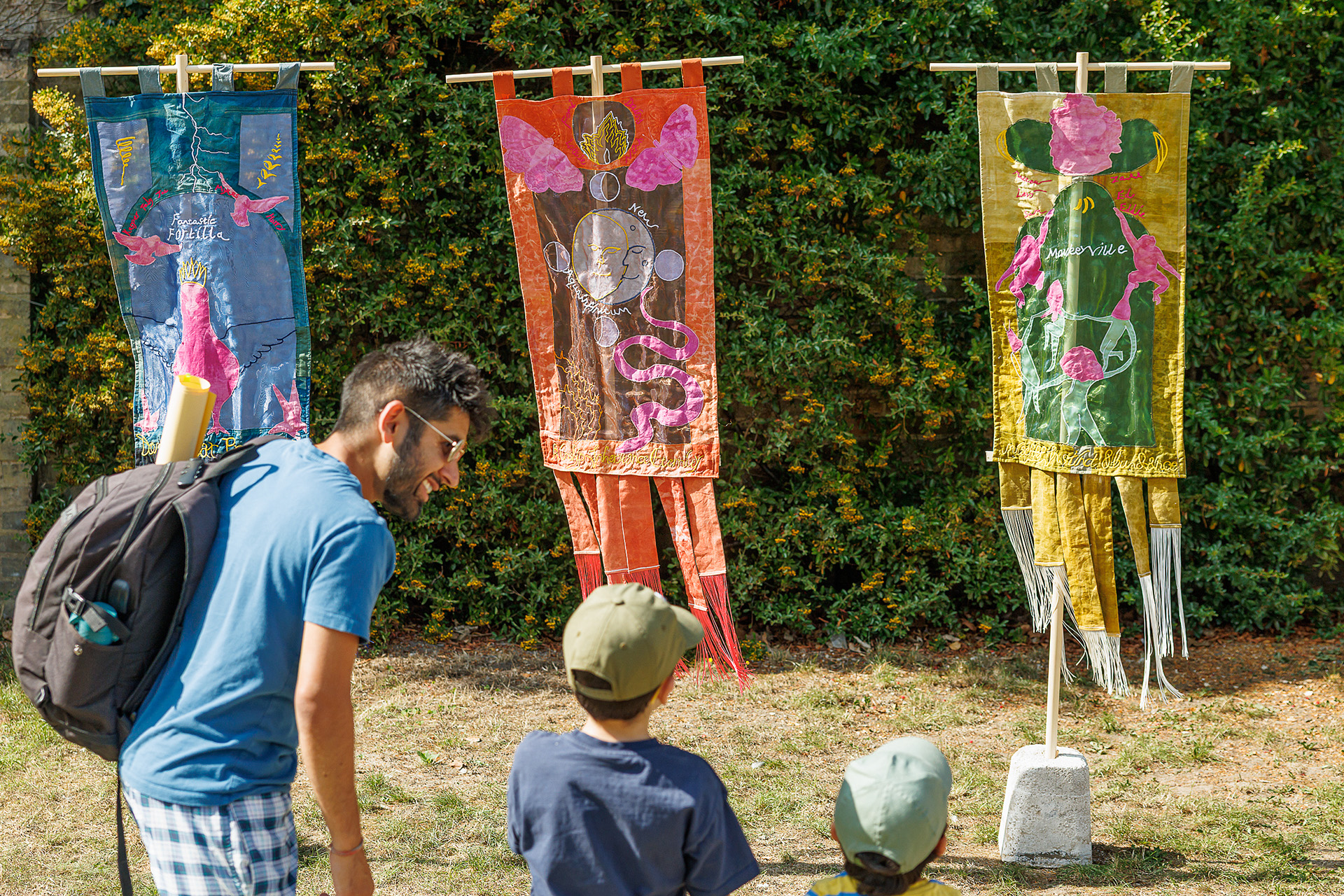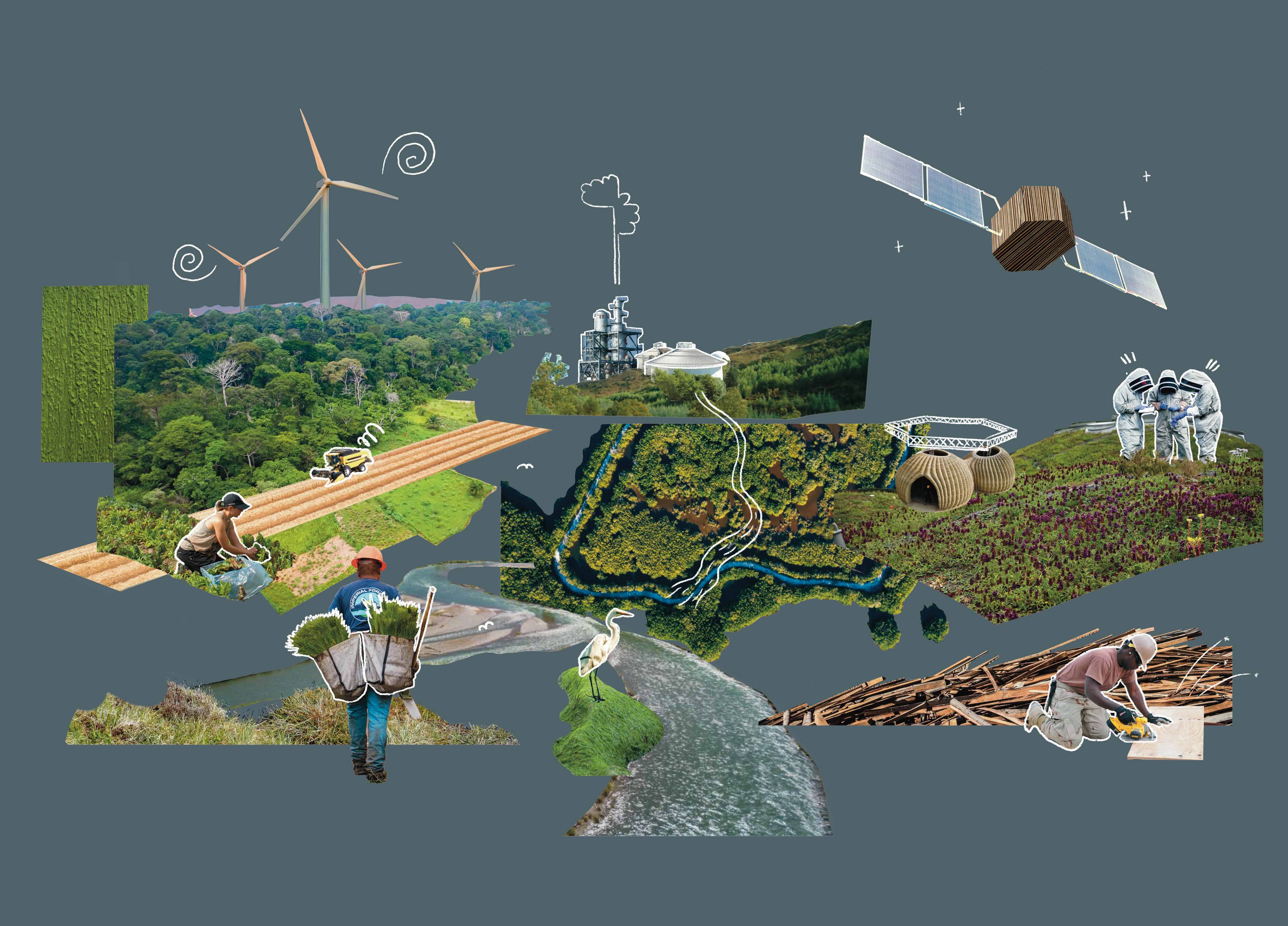The challenge
As health systems become increasingly digitised, we need to to engage with people’s hopes and fears for their data privacy
The UK's health and care systems are rapidly moving towards digital and linked health records as citizens expect their information to be easily shared with professionals. However, public trust in the use of personal data is at an all time low due to scandals such as Cambridge Analytica and cyber attacks on the NHS.
In order to build a private and trusted healthcare system that works for everyone, there is a need to better understand the views, opinions and ideas of citizens around the use and sharing of health and social care data. This means understanding their perspectives on current technologies, as well as exploring those coming down the road.








